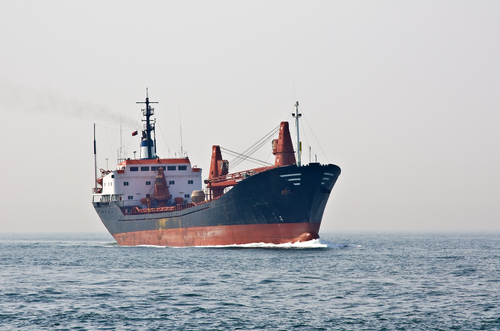
- Despite yesterday’s passage of Wall Street Reform and Consumer Protection Act (HR 4173) in the House, regulators across the globe are still dragging their feet on financial sector reform. Paul Volcker continues to tell everyone who will listen — and even those who won’t — about the grave need to restructure the industry, but no one is doing anything tangible about it. “Two years after the start of the deepest recession since the 1930s, no U.S. or European authority has put in force a single measure that would transform the financial system, based on data compiled by Bloomberg. No rule- or law-making body is actively considering the automatic dismantling of banks that Volcker told Congress are sheltered by access to an implicit safety net.” Acclaimed economist and Nobel-winner Joseph Stiglitz says Volcker is “spot on” and Robert Creamer makes a similar “if it’s too big to fail, it’s too big to exist” plea over at The Huffington Post. Bankers, for their part, assured Obama today that they are willing to play ball during their visit to the White House. We’ll see.
- A Willis survey sees the hard market for financial institutions insurance softening. “While insurers are still concerned about their 2007 and 2008 loss ratios and are, at present, underwriting very conservatively, the expected influx of new markets for 2010 will help to generate more favorable trading conditions for clients.”
- The IRS has ruled that the captive reinsurance of fronted pools will be treated as insurance going forward. What exactly does that mean? “The ruling says two things … It says that the reinsurance to the (captive) is insurance, and then that the captive — because the only thing it does is insurance — is insurance as well.” Got it?
- The Corporate Executive Board offers its “Executive Guidance 2010: The Six Enemies of Post-Recession Performance,” which include “Larger and More Frequent Losses Due to Increasing Risk Velocity” and “Rising Losses and Steeper Penalties Due to High Levels of Employee Misconduct.”
- The New Yorker‘s 12-page feature “The Most Failed State” profiles Somalia’s President Sheikh Sharif Sheikh Ahmed and details the desolate national landscape that has given rise to the pirates that dominate the country’s coastline. (Subscription required) Ahmedou Ould-Abdullah, the U.N.’s special representative to Somalia, offers this bleak analysis: “Somalia is just as bad as it has ever been, perhaps worse. I know that it is politically incorrect to say so, but there can be no humanitarian ’emergency’ that should continue for twenty years — it’s a contradiction in terms.”
- The New Yorker also takes on the reputation risk that can occur for companies whose pitchmen (no pun intended) have a high-profile controversy like the ongoing Tiger Woods circus. Caroline McDonald broached the same topic the other day on her blog and Maureen Dowd had similar sentiments.
- Some are concerned that China’s rush to embrace nuclear power in lieu of dirty coal plants could lead builders to cut corners in regards to safety. “China must maintain nuclear safeguards in a national business culture where quality and safety sometimes take a back seat to cost-cutting, profits and outright corruption — as shown by scandals in the food, pharmaceutical and toy industries and by the shoddy construction of schools that collapsed in the Sichuan Province earthquake last year.”
Find an interesting link? Email me any stories, videos or images you come across and would like to see included. Or just follow me on Twitter @RiskMgmt and pass it along that way.


